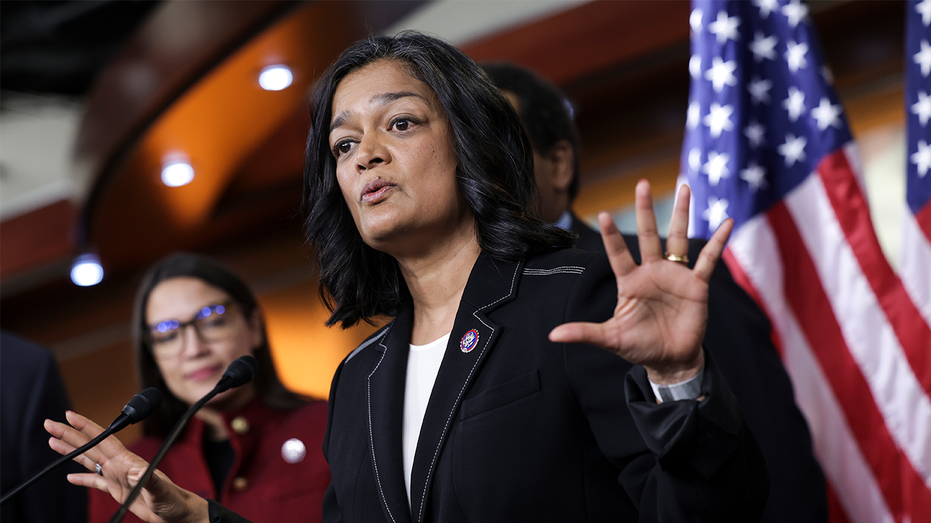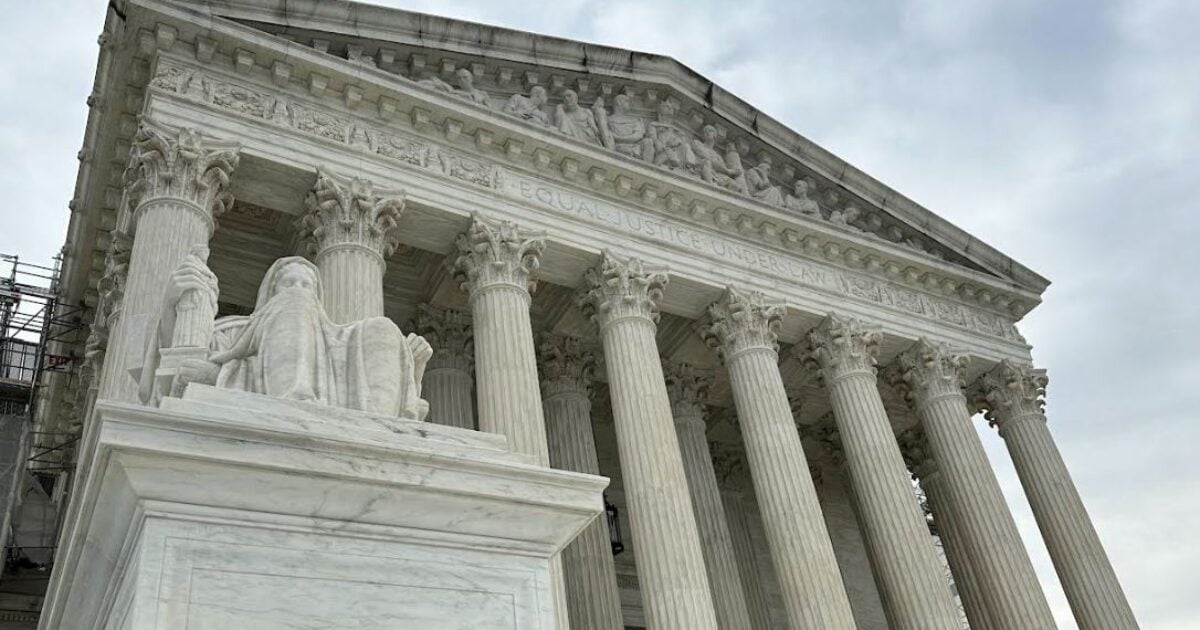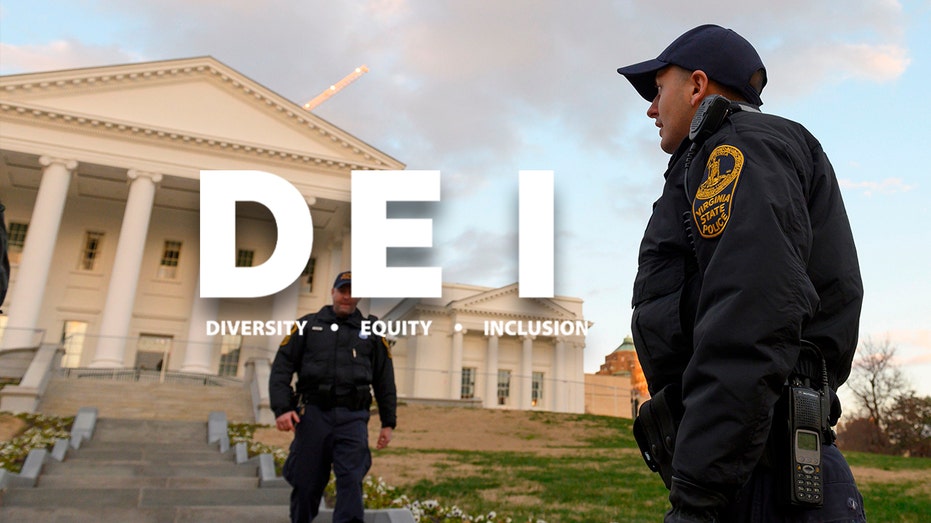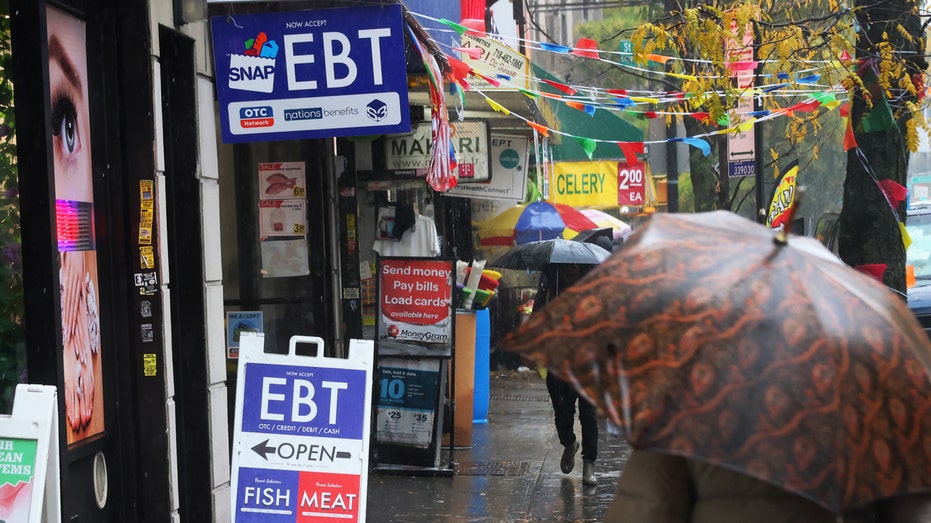A seismic shift is stirring within the Democratic Party, fueled by a growing call for generational change. Representative Pramila Jayapal recently emphasized the need for Democrats to “stand strong,” a statement arriving on the heels of Nancy Pelosi’s announcement that she will not seek re-election in 2027.
The timing is undeniably significant. Pelosi’s decision has ignited a broader conversation about the future of Democratic leadership, with prominent figures like Alexandria Ocasio-Cortez and Bernie Sanders openly questioning whether the established guard has hindered the party’s progress and the rise of younger voices.
Jayapal, while focused on the immediate crisis of a government shutdown and preserving healthcare access, acknowledged the underlying current of change. She stressed the urgency of addressing the needs of a nation grappling with economic hardship, framing it as a critical moment for the party to demonstrate its commitment to the American people.
The debate isn’t simply about age; it’s about priorities and a perceived disconnect between the party’s leadership and the progressive values resonating with a growing segment of the electorate. Sanders directly criticized the party leadership for a lack of support in key races, arguing they are too focused on defending the status quo.
Recent election results offer a glimpse into this shifting landscape. Zohran Mamdani’s victory in the New York City mayoral race and Mikie Sherrill’s win in New Jersey signal a potential appetite for more progressive leadership. California’s redistricting proposition also passed, further reshaping the political terrain.
Despite these successes, Sanders’ post-election remarks underscored the frustration felt by some within the party. He pointed to instances where the party leadership failed to back candidates aligned with progressive ideals, suggesting a reluctance to fully embrace a new direction.
Jayapal insists the American people have spoken, voting overwhelmingly for progress and an end to what she termed “Republican cruelty.” She believes the party must now deliver on those expectations, prioritizing the preservation of healthcare and addressing the urgent needs of its constituents.
The current government shutdown, and the lapse in funding for vital programs like SNAP, adds another layer of complexity. Democratic leaders are urging Republicans to address the surging health insurance premiums resulting from expiring Affordable Care Act subsidies, but a resolution remains elusive.
While stopgap measures have been proposed, Congress remains locked in a stalemate. The pressure is mounting on both sides to find a compromise that protects essential services and addresses the concerns of a nation facing economic uncertainty and a growing demand for change.
The future of the Democratic Party hangs in the balance, caught between the legacy of its established leaders and the rising tide of a new generation eager to shape its destiny. The coming months will reveal whether the party can successfully navigate this transition and forge a path forward that reflects the evolving needs and aspirations of the American people.






